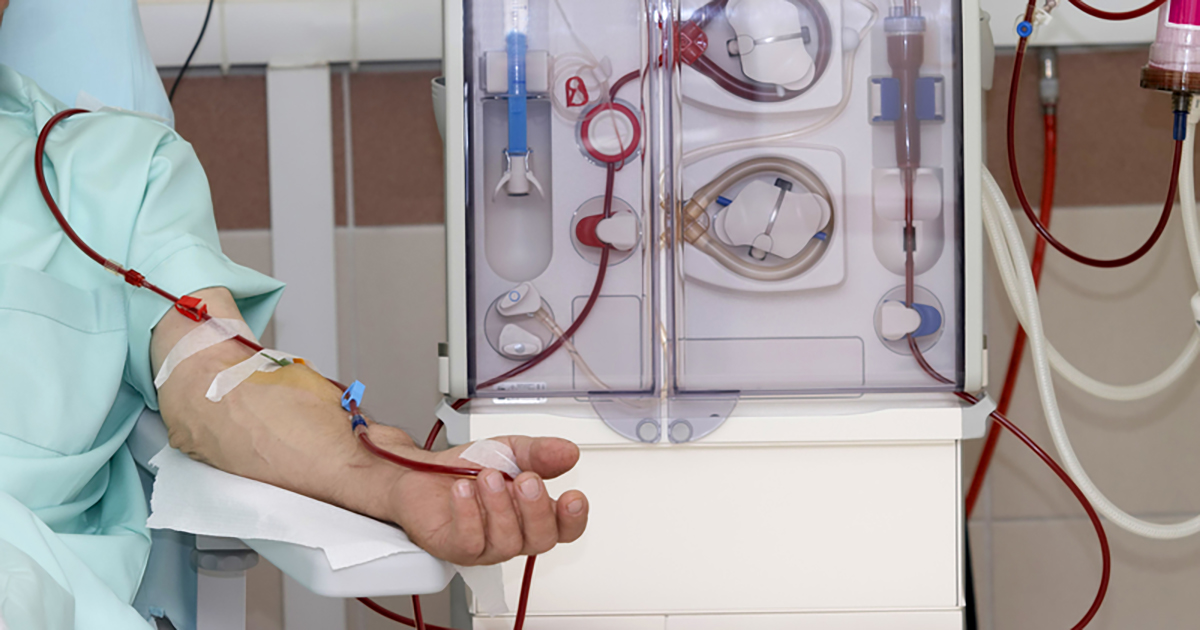Treatments For Anuria
The kidneys are an often overlooked organ of the body, but they have a very important role in filtering waste products out of the bloodstream. Individuals who have some sort of kidney ailment can end up suffering from anuria, which occurs when the kidneys stop producing urine altogether. It can be caused by a wide variety of issues, ranging from kidney disease to diabetes. Without the ability to urinate, both excess fluid and waste products begin to build up in the body. If left untreated, anuria can be life-threatening. Fortunately, there are several treatment methods available for patients suffering from anuria.
Kidney Dialysis

Kidney dialysis is often one of the first treatment methods doctors suggest when a patient is dealing with anuria. Dialysis involves patients being hooked up to a machine that filters their blood for them. It generally takes a few hours to get the treatment, and most individuals need dialysis about three times per week to remain healthy. Depending on the patient's location and medical needs, they may be able to get dialysis done from the comfort of their home, or they may need to visit a facility with dialysis machines.
In most cases of anuria, the hope is doctors can treat the underlying cause of the anuria while dialysis prevents the patient from developing complications. The dialysis helps get the blood filtered while a patient balances their blood sugar or seeks treatment for a kidney tumor. It is rare for kidney dialysis to be a permanent solution to anuria, but in some cases where individuals have chronic kidney disease, dialysis may be the only available treatment.
Reveal more treatments for anuria now.